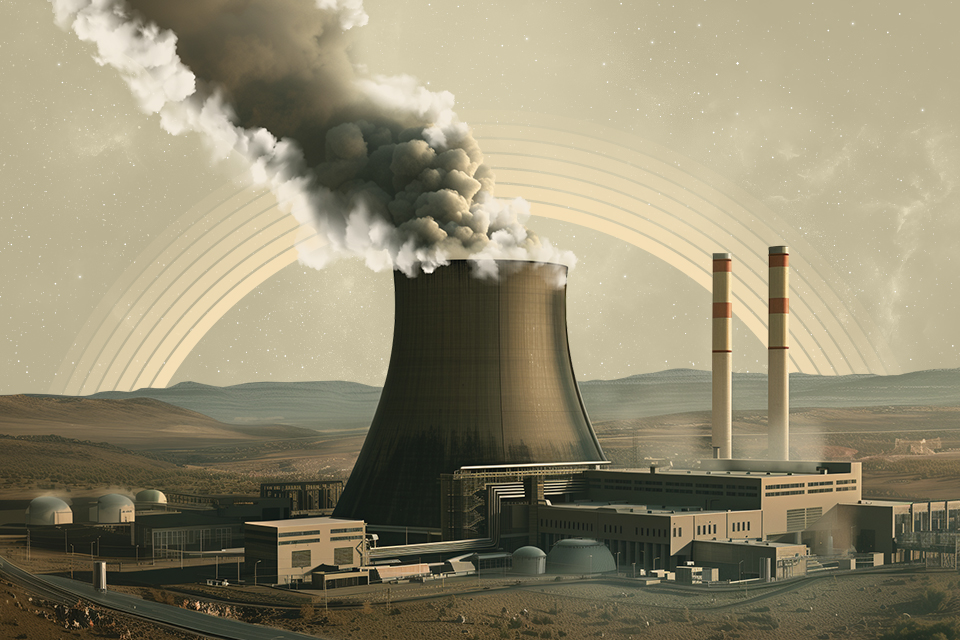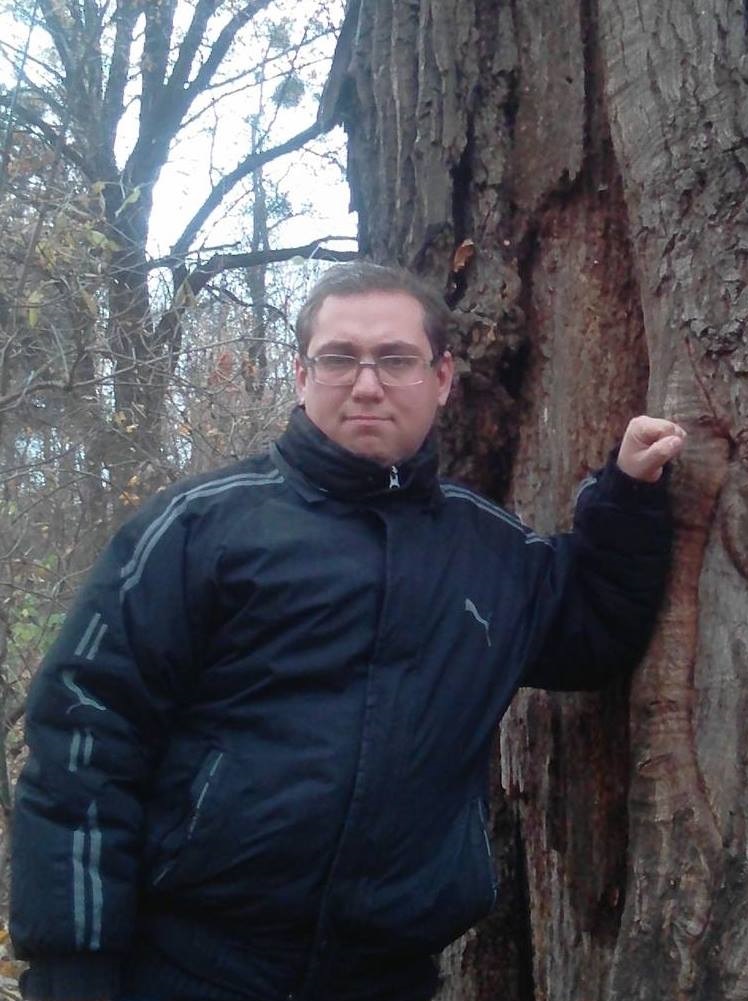On April 26, 1986, the largest man-made disaster in history occurred at the Chernobyl nuclear power plant. For many people who had previously been distrustful of nuclear energy, it has finally turned into a threat that needs to be eliminated.

However, it was not possible to do this, and there were good reasons for that. A nuclear reactor has huge advantages over other energy sources, which can only be realized if you understand how it works. At the same time, it becomes clear which of its dangers are real and which are not.
1. Where does a nuclear reactor get its energy from?
Nuclear reactor is a device designed to extract energy from a nuclear decay reaction. Its action is based on the ability of the nuclei of some heavy elements to split spontaneously or under the action of high-energy particles. In this case, the total mass of the residues turns out to be less than the mass of the original whole nucleus.
This mass defect is completely converted into radiation energy. For a single nucleus, it is tiny, but if billions of fissions occur in the material every second, then it becomes very significant. And it’s not difficult to do this, because high-energy particles formed during one fission can initiate subsequent ones.
So, it is enough to collect more radioactive materials and initiate a nuclear reaction in them, and they will begin to heat up more and more. For everything not to end in an explosion, it is necessary to place some kind of substance between the pieces of material in which fission occurs, which will absorb excess particles. Graphite is usually used in this role.
If you add a particle absorber control system and tubes in which the heat from the nuclear reaction will be transferred to some carrier, you will get a nuclear reactor. A turbine is connected to the coolant loop, which allows electric current to be generated until most of the radioactive material in the fission zone reacts.
2. How is nuclear energy more profitable than coal or gas?
Intrinsically, a nuclear power plant is the same thermal power plant as those that run on coal, fuel oil or gas. Electric current is generated everywhere by turbines that rotate a hot coolant — the only difference is the way it is heated. And here the main advantage of nuclear fuel is manifested.
A nuclear reaction is several orders of magnitude more effective than any chemical reaction. One kilogram of uranium contains as much energy as 60 thousand liters of gasoline, 60 thousand m3 of natural gas or 110 tons of coal.
Nuclear energy is extremely profitable not only in terms of the cost of extracting and moving fuel. Radioactive materials on Earth will run out much later than fossil hydrocarbons, which will allow human civilization to exist for several thousand more years.
3. Do nuclear power plants really pollute the environment the most?
There is a prejudice that humanity is forced to pay for cheap nuclear energy by excessive pollution of the environment. Therefore, nuclear energy is not worth it. However, in fact, nuclear power plants practically do not cause radiation and emissions. They do not emit greenhouse gases and solid combustion products, like thermal power plants, do not cause flooding of territories, like hydroelectric power plants and do not create excessive noise, like wind turbines.
Pollution can occur only at the stage of extraction of raw materials, production of fuel from it and burial of what remains of it at the exit from the NPP. This is indeed a problem, but dozens of ways have already been developed to make each of these operations as safe as possible for the environment.
4. Are all nuclear reactors the same?
It is also worth knowing about nuclear reactors that this is not one type of device, but a whole class combining many varieties. There are alternatives even at the level of what substances serve as fuel. Usually, uranium-235 or plutonium-239 are used in modern energy. However, there are projects of power plants running on thorium-232.
However, even when using the same type of nuclear fuel, completely different power plants can be built. For example, it is possible to manipulate the spectrum of neutrons supporting a spontaneous reaction, the method of fuel placement and the coolant material.
5. Why do nuclear reactors explode?
All of the above may seem insignificant against the background of people’s fear of a nuclear reactor explosion. Which, according to many people, will certainly explode for some reason. However, the truth is that a nuclear reactor, except when it is built completely incorrectly, simply cannot explode.
The Chernobyl accident was the only one of its kind, and it occurred in conditions when the reactor had defects and was operated incorrectly. In all other cases, nuclear disasters consisted in the fact that the main zone simply melted. This is also very dangerous, but environmental pollution is local and it is quite easy to overcome.
In addition, absolutely all reactors are designed so that immediately after the nuclear reaction gets out of control, the automated control system begins to block it.
Follow us on Twitter to get the most interesting space news in time
https://twitter.com/ust_magazine


